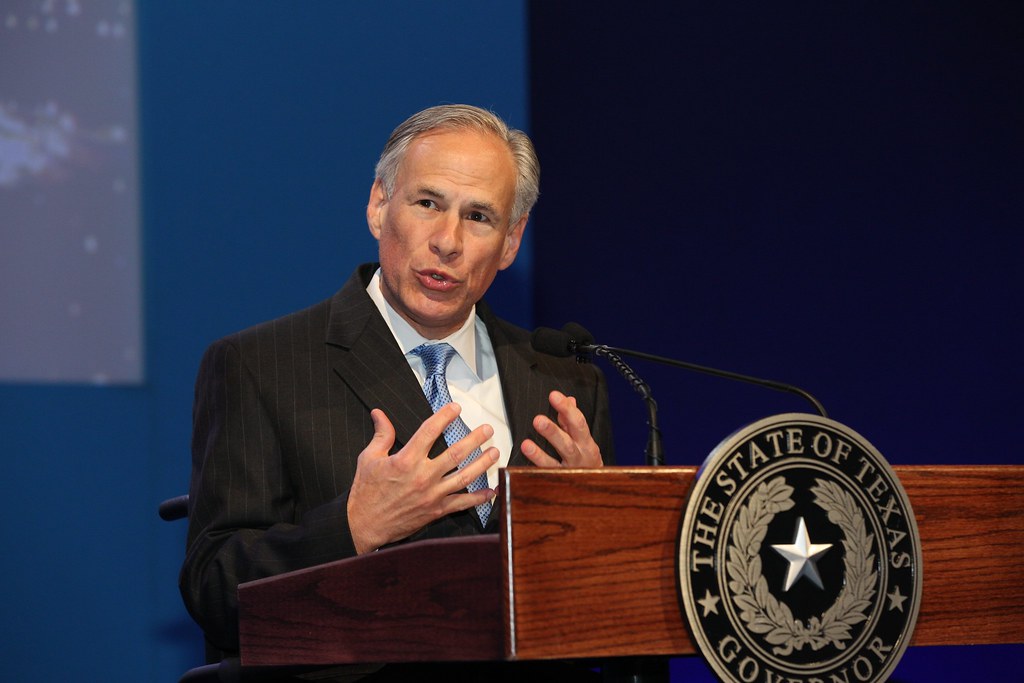United Nations Receives Complaint Over Texas’ Anti-LGBTQ Laws

A coalition of legal and advocacy organizations, including the ACLU of Texas, Equality Texas, and GLAAD, has filed a complaint with the United Nations against Texas for its recent anti-LGBTQ legislation. The complaint, reported by Texas Standard, was submitted on Monday and outlines concerns over laws perceived as infringing on the rights and dignities of LGBTQ+ individuals in Texas.
Texas has been particularly active in introducing anti-LGBTQ legislation, with the Human Rights Campaign highlighting that the state was responsible for one-fifth of all such bills introduced in the U.S. in 2023. Notable among these are laws restricting access to gender-affirming medical care for transgender minors and limiting drag performances in the presence of children.
The complaint to the United Nations, endorsed by Ariel Dulitzky of the University of Texas at Austin School of Law Human Rights Clinic, emphasizes a systemic attack on the LGBTQ+ community in Texas. Dulitzky, who provided legal advice for the complaint but is not its author, explained that the action aims to draw international attention to the situation in Texas.
“This isn’t about individual bills but a concerted policy that attacks the rights and dignity of LGBTQIA+ persons,” said Dulitzky, as cited by Texas Standard. The complaint is rooted in the Universal Declaration of Human Rights, particularly its assertion that all human beings are born equal in dignity and rights.
The United Nations’ role, as explained by Dulitzky, involves addressing both federal and state governments about the issue. The body is expected to express its concerns, ask specific questions, and offer advice on human rights standards that Texas should follow. Depending on Texas’ response, the United Nations Human Rights Council, composed of 53 states including the U.S., may take further action.
The filing of this complaint marks a significant step in advocating for the rights of LGBTQ+ individuals in Texas. It underscores the concern of these groups over the state’s legislative direction and their commitment to seeking broader support for their cause.

